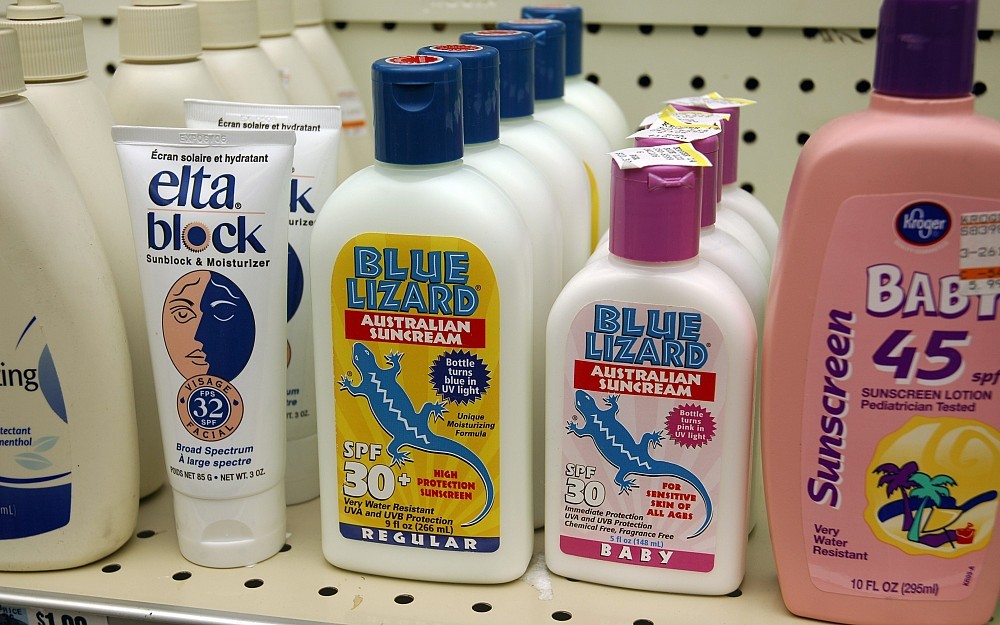
HEALTH LINE: Adding Antioxidants to a Sun Protection Plan
CINCINNATIWith winter finally in the rearview mirror, many Cincinnatians are making plans for fun outdoors. But dont stop at sunscreen and a hat for sun protection: a UC Health skin care specialist recommends adding another item to your daily routine.
Carrie Schuerfranz, RN, a clinical skincare nurse with UC Health, recommends what she calls the "power duo for skin protection: vitamin C and sunscreen.
As an antioxidant, she says vitamin C has an important role in neutralizing free radicals in the skin. These unstable molecules in the skin are generated by UV rays, infrared radiation, and lifestyle factors like alcohol use and cigarette smoke.
"Over time, free radical damage leads to visible signs of accelerated skin aging, including fine lines, wrinkles, laxity, discoloration and even skin cancer," says Schuerfranz. "I like to give the visual of using lemon juice on sliced apples. As the lemon juice slows down the aging of the apple, antioxidants slow down the photoaging of our skin.
Antioxidants also can reduce inflammation and the effects of other damaging factors, including environmental pollutants, and internal and external stressors.
While antioxidants in food can help reduce inflammation within the body, Schuerfranz says that studies show topical application is the most effective way to deliver the benefits of antioxidants to the skin.
She recommends that patients look for a pharmaceutical-grade product containing L-ascorbic acid (vitamin C), preferably in a serum form, which she says is the most stable formulation.
If you are shopping for a sunscreen, Schuerfranz emphasizes seeking a broad-spectrum product that protects against UVA, UVB and high energy visible (HEV) raysrays that penetrate more deeply into skin with the potential for greater long-term damage. Its best to stick to brands recommended by the Skin Cancer Foundation.
For the level of sun protection factor, or SPF, an SPF above 50 is preferred, though its more important to apply (and reapply) appropriately rather than pick the highest SPF on the shelf.
Ultimately, Schuerfranz wants her patients to be informed about the best skin care regimen"but live your life! she says. "Get out and enjoy the season, just be smart about your sun exposure.
Tags
Related Stories
New platform connects biotech innovators with market opportunity
January 3, 2025
Exit Lab brought together leading biotech innovators focused on wearable biosensors to showcase their devices and help them either enter the market or license their technologies.
UC study examines delivery timing in mothers with chronic...
December 19, 2024
In a study recently published in the journal O&G Open, University of Cincinnati College of Medicine physician researchers found 39 weeks of gestation is optimal for delivery in mothers with chronic hypertension.
UC receives $3.75M in federal funding for K-12 mental health...
December 18, 2024
A three-year, $3.75 million grant from the Department of Education aims to address critical gaps in the mental health and educational landscape by providing tuition stipends for UC graduate students majoring in school and mental health counseling, school psychology and social work.
